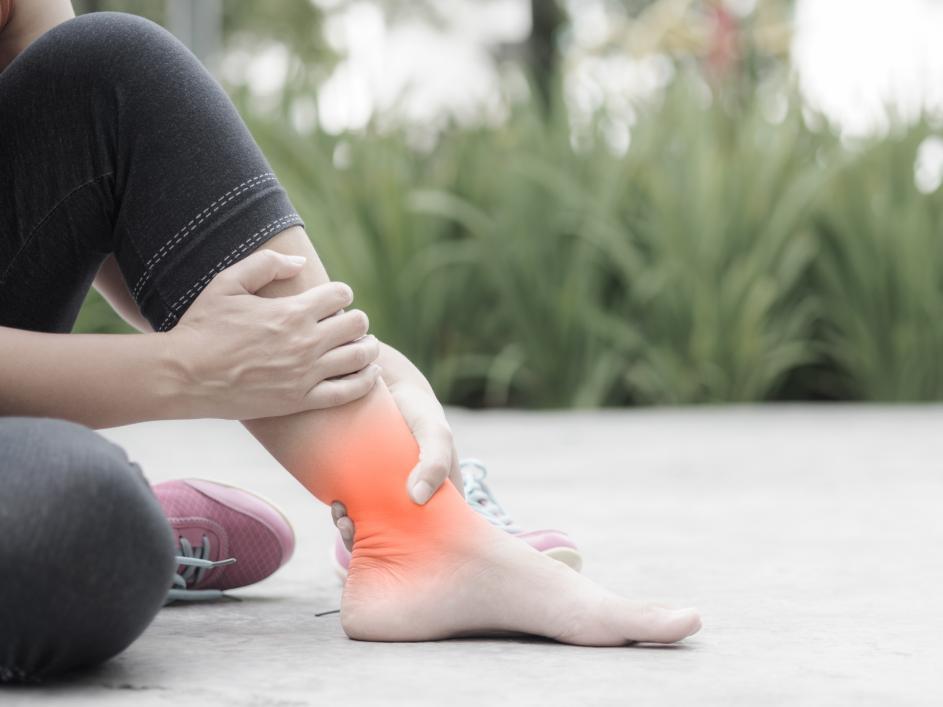Gout is a kind of arthritis that involves the formation of miniature crystals inside your joints and around them. A person suffering from gout will experience swelling and severe pain in their knees, toes, ankles, and fingers. Nearly 8.3 million people suffer from gout in the United States. It is more common in men than in women. Women are usually at an increased risk of suffering from gout after they cross 40 years of age and reach menopause. Let’s take a look at some of the symptoms of gout and how it can be treated.
Common Symptoms of Gout
Gout is usually associated with the following symptoms:
- Excruciating pain and swelling in the joints
- Tenderness in joints, this is usually accompanied by a hot sensation in the joints as well
- Red patches on the skin that cover the joints
- Swelling around the joint
The symptoms of gout usually develop within a few hours. They tend to last for at least three days and should subside after ten days. Once a person suffers an attack of gout, they are immediately vulnerable to more attacks within the same year. If you experience these symptoms and have not been diagnosed with gout before, it’s best to consult your family physician. Gout does not cause permanent damage to the joints if you get treatment on a timely basis.
The Causes of Gout
Gout results when there is an accumulation of uric acid in your blood. As your uric acid levels rise, your kidneys fail to filter the uric acid properly. The uric acid then causes the formation of the crystals associated with gout. Some of the factors that may cause your uric acid levels to rise include:
- Being overweight
- Having high blood pressure
- Having diabetes
- Hereditary factors
- Having a diet that is based on seafood and red meat
- Consuming too much alcohol
- Problems in the kidneys
Treatment of Gout
Treatment of gout involves the following:
- Taking anti-inflammatory medication
- Limb exercises
- Applying an ice pack on the joints so that some of the heat and redness may subside
- Increasing your water intake
If the symptoms of gout do not subside, then you may be given steroid-based injections for treatment. In order to prevent further gout attacks, it is important that you do the following:
- Make some lifestyle changes that involve losing weight
- Take particular care with your diet and avoid eating red meat and seafood. A diet based on vegetables and dairy (low fat) are very beneficial in the treatment of gout.
- Taking medication that keeps your uric acid levels under control
- Reducing your consumption of alcohol
- Increasing your intake of fluids
- Avoiding smoking
To Sum It Up
If you experience any symptoms of gout, make sure that you get treatment right away. Ignoring your symptoms can cause your condition to escalate and cause complications such as the formation of kidney stones. You may also be at risk of permanent joint damage. Gout can cause the formation of small crystals of uric acid under your skin as well.
If you’re seeking further advice on the treatment of gout, we suggest you make an appointment with a physician at Health One Family Medicine, visit https://www.healthonemedicine.com or call (469)262-5762.

